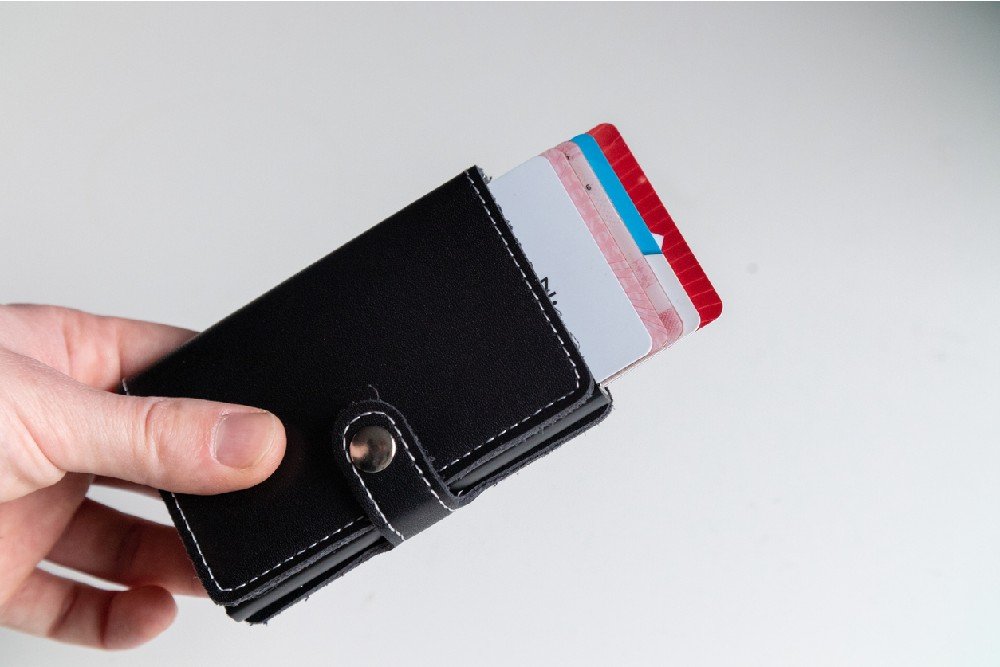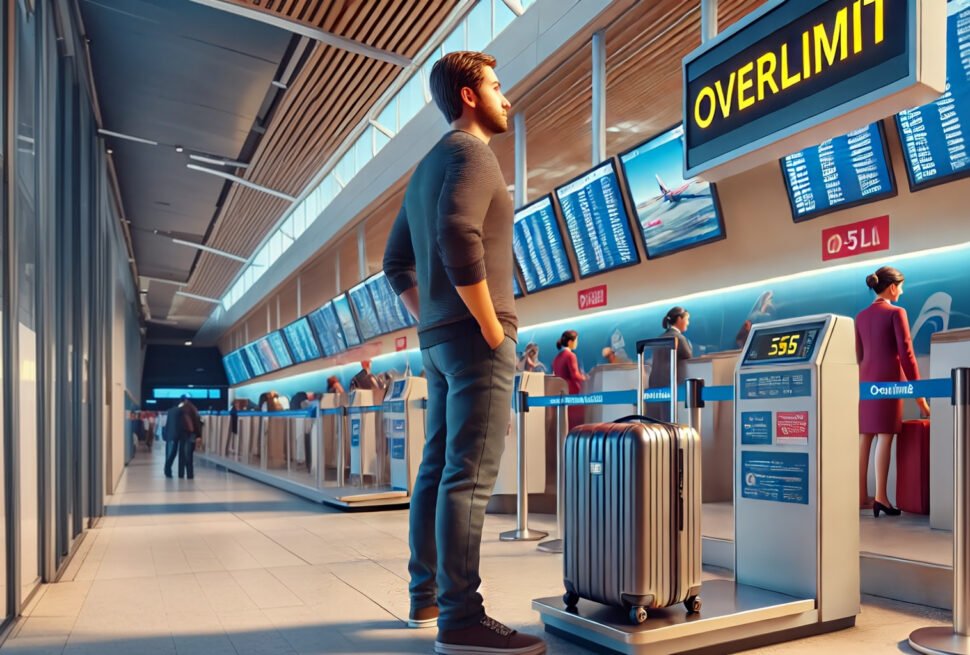RFID-blocking wallets have become increasingly popular in recent years as a way to protect personal information and prevent identity theft. But are they really necessary for travel? In this article, we’ll explore what RFID technology is, how it can be used to steal personal information, and whether RFID-blocking wallets are an essential travel accessory.
What is RFID Technology?
RFID stands for radio frequency identification. It’s a type of wireless communication that allows data to be transmitted between two devices using radio waves. RFID technology is commonly used in credit cards, passports, and other types of identification cards to transmit personal information wirelessly.
How Can RFID Technology Be Used to Steal Personal Information?
While RFID technology is convenient for quick and easy transactions, it can also be vulnerable to identity theft. RFID skimming is a type of electronic pickpocketing that allows a criminal to steal personal information from a victim’s RFID-enabled card without physically touching it.
RFID skimming can occur in a variety of ways. For example, a criminal could use a portable RFID reader to intercept the radio waves transmitted by an RFID-enabled card. Alternatively, a criminal could install a skimming device on an ATM or other payment terminal to intercept the information transmitted by multiple cards at once.
Are RFID-Blocking Wallets Necessary for Travel?
RFID-blocking wallets are designed to protect personal information by blocking the radio waves transmitted by RFID-enabled cards. While there is a risk of RFID skimming, it’s important to note that not all RFID-enabled cards are vulnerable to this type of attack. Additionally, the risk of RFID skimming may vary depending on the location and circumstances of your travels.
In general, RFID-blocking wallets can be a useful travel accessory, especially if you’re traveling to a high-risk area or carrying multiple RFID-enabled cards. However, they may not be necessary for all travelers or all types of trips.
Other Ways to Protect Your Personal Information While Traveling
In addition to using an RFID-blocking wallet, there are several other ways to protect your personal information while traveling:
- Use Cash: Using cash instead of credit cards or other forms of electronic payment can be an effective way to prevent identity theft. While cash can be lost or stolen, it doesn’t transmit personal information wirelessly.
- Be Cautious of Public Wi-Fi: Public Wi-Fi networks can be vulnerable to hacking, which can allow criminals to intercept personal information transmitted over the network. To protect your information, avoid using public Wi-Fi for sensitive transactions like online banking or shopping.
- Keep Your Devices Secure: Password-protect your electronic devices and keep them with you at all times. Avoid leaving devices unattended in public areas, and be cautious of strangers who may try to access your devices.
- Monitor Your Accounts: Regularly monitor your bank and credit card accounts for any suspicious activity. If you notice any unauthorized transactions, report them to your bank or credit card company immediately.
RFID-blocking wallets can be a useful travel accessory for protecting personal information and preventing identity theft. However, they may not be necessary for all travelers or all types of trips. It’s important to be aware of the risks of RFID skimming and to take other measures to protect your personal information while traveling. By using cash, being cautious of public Wi-Fi, keeping your devices secure, and monitoring your accounts, you can enjoy your travels with peace of mind.
Adrenaline junkie with a passion for exploring off-the-beaten-path destinations and finding unique ways to stay active. Expect stunning scenery, challenging workouts, awesome travel tips and a whole lot of fun. Let’s get sweaty and explore the world together!




